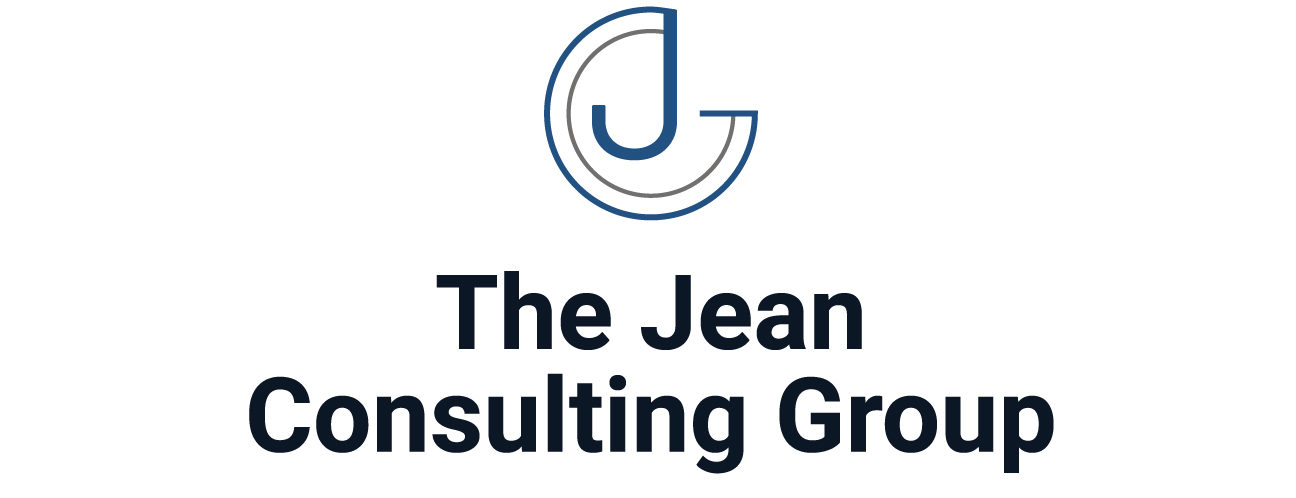In the contemporary workplace, the intersection of employee rights and managerial responsibilities represents a critical nexus for organizational harmony and effectiveness. The nuanced balance between ensuring employees’ rights are respected and upheld, while also fulfilling the overarching responsibilities of management, requires a deep understanding, strategic insight, and empathetic leadership. Integrating group and individual coaching into this equation offers a dynamic pathway for enhancing this balance, fostering a workplace environment characterized by mutual respect, clear communication, and aligned objectives. This article explores the pivotal role of coaching in navigating the complexities of employee rights and managerial responsibilities, ensuring a productive and respectful workplace culture.
Enhancing Understanding of Employee Rights through Coaching
In today’s diverse and ever-evolving work environment, a comprehensive understanding of employee rights is essential for managers. Group and individual coaching sessions serve as effective platforms for deepening this understanding, emphasizing the importance of these rights in fostering an inclusive and equitable workplace.
- Group Coaching for Collective Awareness: Group coaching sessions can facilitate discussions around the core principles of employee rights, including equality, privacy, and freedom from discrimination. These sessions encourage an open exchange of ideas, helping managers and employees alike to understand the importance of these rights in creating a positive work environment.
- Individual Coaching for Personalized Strategies: Individual coaching offers managers the opportunity to explore specific challenges they face in upholding employee rights within their teams. Through personalized guidance, managers can develop tailored strategies that respect employee rights while also meeting organizational goals, navigating complex situations with greater confidence and effectiveness.
Fostering Managerial Responsibilities through Coaching
Managerial responsibilities extend beyond the mere oversight of tasks and performance; they encompass the nurturing of team dynamics, the fostering of employee development, and the creation of a supportive work culture. Coaching plays a crucial role in equipping managers with the skills and insights needed to fulfill these responsibilities with integrity and foresight.
- Developing Empathetic Leadership: Coaching helps managers develop the soft skills necessary for empathetic leadership, such as active listening, emotional intelligence, and effective communication. These skills are vital in understanding and addressing employee concerns, fostering a culture of trust and respect.
- Strategic Decision-Making: Through coaching, managers can refine their decision-making processes to consider the broader implications of their actions on employee rights and team morale. This strategic approach ensures that managerial decisions support both the individual and collective needs of the workforce, aligning with organizational values and objectives.
Integrating Coaching to Navigate Rights and Responsibilities
The integration of coaching into the fabric of organizational development strategies offers a nuanced approach to balancing employee rights and managerial responsibilities. Implementing this integration effectively requires careful consideration and strategic planning.
- Tailored Coaching Programs: Design coaching programs that specifically address the themes of employee rights and managerial responsibilities, ensuring that content is relevant, practical, and aligned with organizational values.
- Continuous Learning and Development: Encourage a culture of continuous learning and development, where managers and employees regularly engage in coaching sessions to refresh their understanding and strategies related to rights and responsibilities.
- Feedback Loops and Adaptation: Establish mechanisms for feedback on the effectiveness of coaching interventions in enhancing the balance between employee rights and managerial responsibilities. Use this feedback to adapt and refine coaching programs, ensuring they remain responsive to the evolving needs of the organization.
Conclusion
The strategic integration of group and individual coaching into the realms of employee rights and managerial responsibilities offers a powerful tool for enhancing workplace dynamics, fostering mutual respect, and ensuring organizational effectiveness. By providing managers and employees with the insights, skills, and strategies needed to navigate this complex balance, coaching contributes to the development of a work environment characterized by empathy, integrity, and shared success. Through tailored coaching interventions, organizations can cultivate leaders who are not only adept at meeting business objectives but are also champions of employee rights and advocates for a respectful and inclusive workplace culture.




